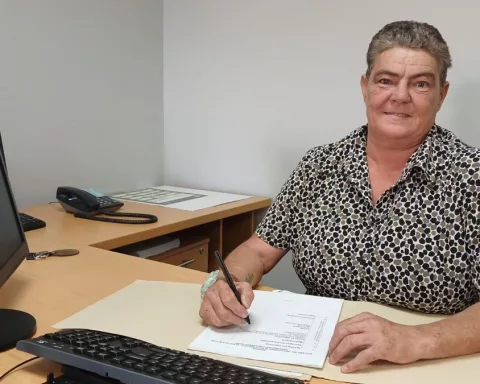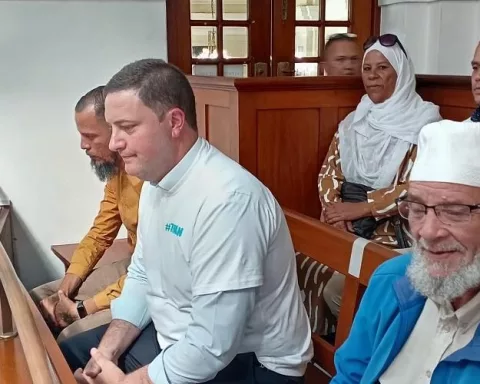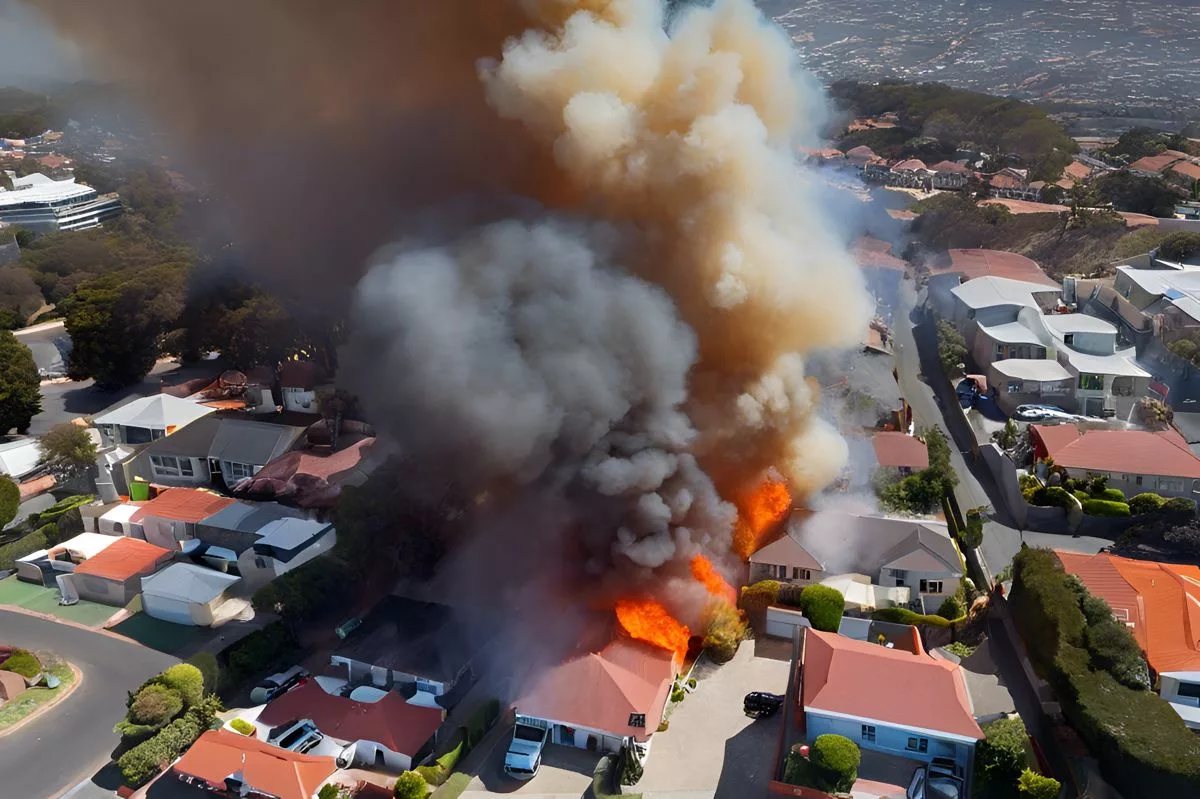The South African Police Service (SAPS) has formed a special task force to fight mineral theft in the country. Recently, they recovered stolen minerals worth R15 million from a Johannesburg warehouse, and they continue to investigate and detain suspects to halt illegal activities in the mining sector. The SAPS task team’s dedication and hard work serve as an example of what law enforcement can achieve with integrity and resolve.
How is SAPS fighting mineral theft in South Africa?
The South African Police Service (SAPS) has formed a special task force to prevent, battle, and eradicate mineral theft. Their recent achievement includes recovering stolen minerals worth R15 million from a Johannesburg warehouse. The SAPS task team continues to investigate and confiscate unlicensed firearms and detain suspects in their quest to halt illegal activities in the mining sector. Their hard work and dedication are serving as powerful examples of what law enforcement can achieve with integrity and resolve.
SAPS Task Team’s Pursuit of Justice
In the enigmatic arena of mineral theft, a special task force from the South African Police Service (SAPS) has carved out a path of justice. Their noteworthy achievements in Richards Bay, a well-known center for mineral theft, highlight their unyielding spirit and resolve.
The SAPS special team, assigned to the Richards Bay region, has been as fierce as a wolf among sheep, scouting the land to prevent, battle, and eradicate mineral theft. Their main goal has been the dismantling of a syndicate accountable for several incidents of mineral theft. In this quest, their success has been remarkable.
Uncovering Mineral Theft
The most recent accolade for this unwavering team surfaced when they successfully tracked down Zircon and Chloride minerals valued at R15 million—a significant sum—to a warehouse in Johannesburg. These minerals, procured from Richards Bay Minerals (RBM), were craftily acquired, stolen from the bustling hub of the Richards Bay Harbour. The wrongdoers diverted these invaluable resources to a warehouse where they repackaged them with the express motive of selling them to overseas buyers, a tactic that could have funneled millions of Rands into illicit streams.
The audacity of this syndicate seems limitless. There are claims that they transported fake minerals to the harbor, replacing the original minerals with these replicas while rerouting the originals to Johannesburg. This ingenious diversion ensured that their criminal operations remained concealed—at least, until the SAPS task team stepped in.
SAPS’ Bold Strike
On Wednesday, 24 April 2024, the SAPS task team descended on the warehouse, rigorously and methodically searching the premises. Their tenacity was rewarded when they unearthed the stolen minerals worth millions, an act that firmly set in motion the wheels of justice.
Upon the recovery, the police filed a case of theft, marking the second significant recovery of stolen minerals by the relentless task team. In March 2024, they had recovered more minerals from a warehouse in Durban. The truck driver and the warehouse owner, major players in this illicit operation, were seized and held responsible.
Continuing the Fight against Mineral Theft
The National Commissioner of the SAPS, General Fannie Masemola, has lauded the task team for their commendable service. “The team is also investigating the assassination of executives in the area. To date, 202 unlicensed firearms have been confiscated, 43 suspects have been detained, and 68 files are currently under investigation. Our intelligence remains on the ground to halt these unlawful activities in the mining sector,” stated General Masemola.
A search is ongoing for the owner of the Johannesburg warehouse as the SAPS task team maintains their unyielding crusade for justice. Their hard work is not only indicative of their dedication and commitment but also confirms their steadfast determination to uphold the law and obstruct illegal activities in the mining sector.
Hope for the Citizens of Richards Bay
The relentless pursuit of justice by the SAPS task team and their successes to date serve as powerful examples of what law enforcement can achieve with integrity and resolve. Consequently, the citizens of Richards Bay can find solace in the SAPS task team’s unwavering efforts to dismantle the syndicates threatening their tranquility and safety. Although this saga is far from its conclusion, it offers a glimmer of hope for those who believe in justice. For the indefatigable SAPS task team, the pursuit of justice is not merely a job—it’s a mission. And they are proving that no mineral thief is beyond their grasp.
What is the SAPS task force and what is its goal?
The SAPS task force is a special team of law enforcement officers dedicated to fighting mineral theft in South Africa. Their goal is to prevent, battle, and eradicate illegal activities in the mining sector.
What recent achievement did the SAPS task team accomplish?
The SAPS task team recently recovered stolen minerals worth R15 million from a Johannesburg warehouse. They continue to investigate and detain suspects to put an end to illegal activities in the mining sector.
What is the SAPS task team doing to fight mineral theft in Richards Bay?
The SAPS task team in Richards Bay is focused on dismantling a mineral theft syndicate. They have been diligently scouting the area to prevent, battle, and eradicate illegal activities. Their success in dismantling the syndicate has been remarkable.
What did the SAPS task team uncover about the stolen minerals?
The stolen minerals were Zircon and Chloride minerals valued at R15 million. They were stolen from the Richards Bay Harbour and diverted to a Johannesburg warehouse where they were repackaged for sale to overseas buyers. There are also claims that the syndicate replaced the original minerals with fake minerals when transporting them to the harbor.
What is the National Commissioner of the SAPS saying about the task team’s work?
The National Commissioner of the SAPS, General Fannie Masemola, has praised the task team for their commendable service. He stated that they are also investigating the assassination of executives in the area, and that they have confiscated 202 unlicensed firearms, detained 43 suspects, and are currently investigating 68 files.
What does the SAPS task team’s work mean for the citizens of Richards Bay?
The SAPS task team’s relentless pursuit of justice and their successes so far offer hope to the citizens of Richards Bay. They can find solace in the task team’s unyielding efforts to dismantle the syndicates threatening their tranquility and safety. The pursuit of justice is not merely a job for the SAPS task team, it’s a mission.












